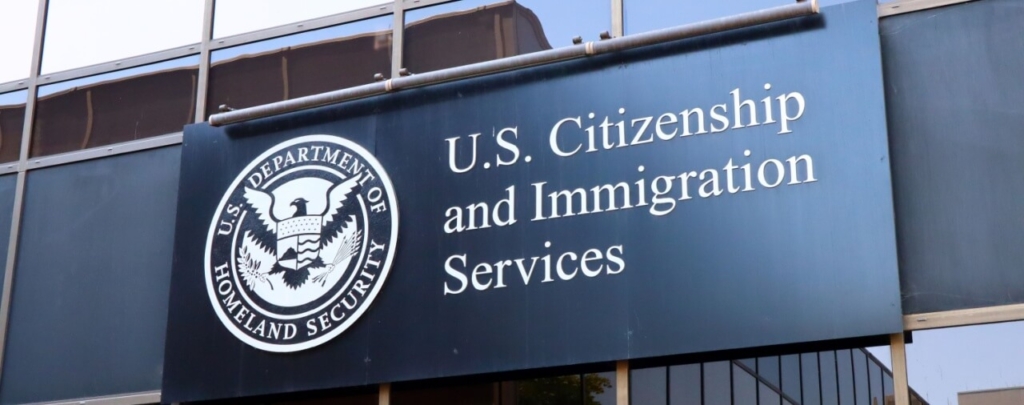On November 13, 2017, the United States Court of Appeals for the Ninth Circuit narrowed a preliminary injunction against the portions of President Donald Trump’s September 24, 2017 proclamation that restricted entry for individuals from eight countries. Please see our full article on the travel restrictions to learn more about the details [see article].
On October 17, 2017, the United States District Court for the District of Hawaii and the United States District Court for the District of Maryland each issued temporary restraining orders against portions of President Trump’s proclamation. The Hawaii District Court issued a broader injunction that categorically blocked the travel restrictions against seven of the nine countries from taking effect. In reaching his decision, Judge Derick Watson of the Hawaii District Court relied extensively on the decision of the Ninth Circuit in Hawaii v. Trump, 859 F.3d 741 (9th Cir. 2017), which dealt with President Trump’s similar Executive Order 13780. The Department of Justice appealed from the Hawaii and Maryland decisions to the Ninth and Fourth Circuits respectively.
On October 24, 2017, the Supreme Court of the United States voted 8-1 to vacate the judgment in Hawaii v. Trump, 859 F.3d 741 (9th Cir. 2017) [see blog]. This vacature meant that the Ninth Circuit decision relied upon by Judge Watson no longer had value as precedent. Interestingly, this move by the Supreme Court was predicted in light of it similar action with regard to a Fourth Circuit decision blocking portions of President Trump’s Executive Order 13780.
Although the Ninth Circuit will hear arguments on the Trump Administration’s appeal in early December, it first considered a motion from the Government for an emergency stay of the injunction issued by Judge Watson. In Hawaii v. Trump, No. 17-17168 (9th Cir. 2017) [PDF version], the Ninth Circuit granted the government’s motion in part and denied the motion in part.
The Ninth Circuit stayed the Hawaii injunction except with respect to “foreign nationals who have a credible bona fide relationship with a person or entity in the United States.” To this effect, the Ninth Circuit cited to the Supreme Court decision in Trump v. IRAP, 137 S.Ct. 2080, 2088 (2017) [see article]. In Trump v. IRAP, the Supreme Court had narrowed the scope of similar injunctions against the travel restrictions in President Trump’s previous Executive Order 13780, allowing it to mostly take effect. In accord with Trump v. IRAP, the Ninth Circuit left the injunction in place with regard to foreign nationals who would otherwise be subject to entry and visa restrictions but who have a “close familial relationship” with a person in the United States. Citing to its own decision interpreting the scope of the phrase “close familial relationship” in Hawaii v. Trump, 871 F.3d 646, 658 (9th Cir. 2017), with regard to Executive Order 13780, the Ninth Circuit made clear that it includes “grandparents, grandchildren, brothers-in-law, sisters-in-law, aunts, uncles, nieces, nephews, and cousins.” Citing again to IRAP v. Trump, 137 S.Ct. at 2088, the Ninth Circuit explained that a qualifying relationship to a qualifying entity “must be formal, documented, and formed in the ordinary course, rather than for the purpose of evading [Proclamation 9645].”
With the Ninth Circuit decision, both the Hawaii and Maryland injunctions are now equal in scope. This means that the September 24 proclamation may now take effect with regard to seven of the nine countries except with regard to individuals who have a bona fide relationship to a person or entity in the United States, as described above. Reuters reported that the Department of Justice has stated that it will begin enforcing the proclamation in a manner consistent with the Ninth Circuit stay [PDF version].1
In our article on the Supreme Court’s decision to vacate Hawaii v. Trump, 859 F.3d 741 (9th Cir. 2017), we noted that the vacatur would likely be significant due to the reliance by Judge Watson on that Ninth Circuit decision. Notably, the narrower Maryland District Court injunction came after the Supreme Court had vacated IRAP v. Trump, 857 F.3d 554 (4th Cir. 2017), which had reached a similar injunction with regard to the travel restrictions in Executive Order 13780 to the Ninth Circuit in Hawaii v. Trump.
We will continue to monitor the litigations as both appeals receive a full hearing before the Ninth and Fourth Circuits on December 6 and 8, respectively. Based on the significant questions raised and the scope of the issues, it appears more likely than not that the issue will once again find its way before the Supreme Court in the first half of 2018. We will continue to update the website with more information on the litigation as it becomes available.
Those who are affected or who may be affected by the September 24 proclamation should consult with an experienced immigration attorney for case specific guidance. Please see our full article on the entry and visa restrictions to learn more about its provisions [see article]. In a separate matter, please see our complementary article on the provisions of the proclamation that have to do with other changes to our immigration policies [see article]. For those looking for information on the new refugee policies, please see our full article on President Trump’s October 24, 2017 executive order on refugees [see article].





